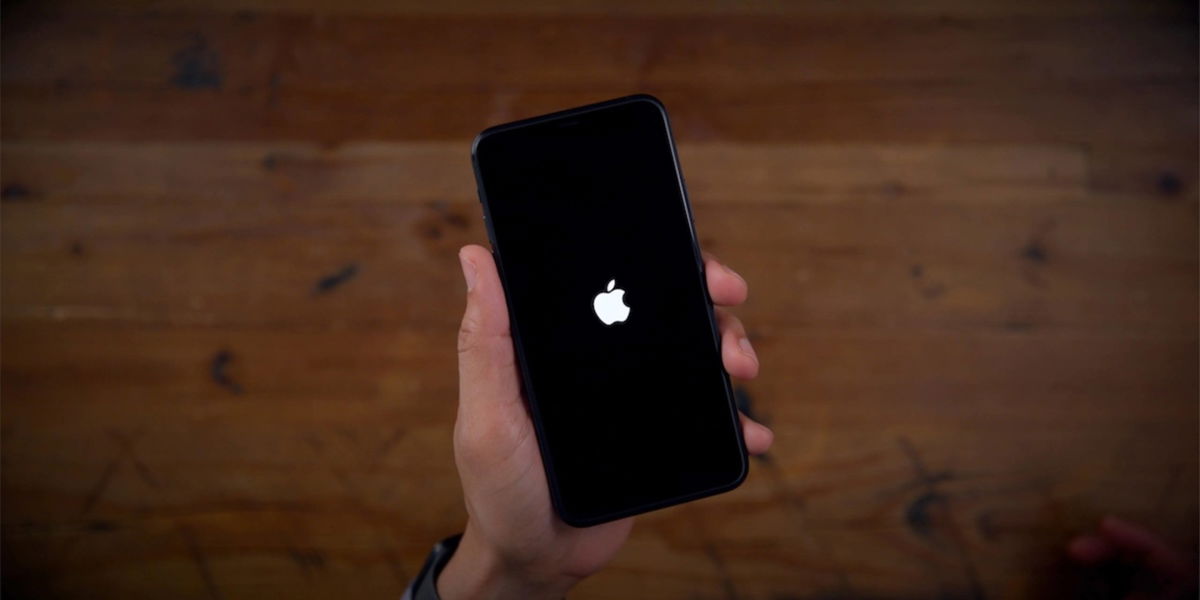The Google Play Store continues to improve, but there are a series of challenges that the application platform must face: protection of the user and their sensitive data, invasive advertising, fake applications… but Google has a lot of them on his radar. problems and plans to address them. These are the main changes that Google will implement in the Play Store policy for developers and users in 2023. Some of them will enter into force this year and others, although with regulations from 2022, are still in the application phase.
Limit fullscreen ads

This is a significant change and although it will come into force at the end of 2022, you can still find it in some applications. In any case, we hope that this 2023 will be completely eradicated, obtaining a better advertising experience. limit fullscreen ads (also called interstitial ads), that annoying window that suddenly takes over when you’re using an app or playing a game. This change is inspired by the Coalition for Better Ads and honestly, it’s about time.
Which full-screen ads should disappear? Those that open at the start of the content and those that interrupt you in the middle of browsing, an invasive and abusive action for users, who suffer especially in games.
Impersonation is not allowed

This endemic evil of impersonating applications, imitating with similar names, icons and colors to confuse the user and so that I end up installing an application that is not what it seems.
Google offered to take action on the matter as early as August 31, not allowing developers to use icons, descriptions, titles or elements that could be misleading.
The regulatory framework is clear, but now It’s time to put it into practice by enforcing the norm on a platform riddled with mimicry and weeding out those who imitate.
No more false medical advice

Also dated August 31, 2022, this new policy prohibits providing medical recommendations that are not aligned with the consensus of the healthcare community, a move clearly driven by the COVID era and misinformation. Although the pandemic has put health front and center, it’s not all questionable pseudoscientific advice about the coronavirus.
Easier to cancel subscriptions
One of the reasons a lot of people don’t like subscriptions is that it’s very easy to subscribe and not so easy to unsubscribe, which is great for making it harder for us to forget to do.
So Google is betting that all applications that offer a subscription service will have to have a quick and clear way to unsubscribe in the app
However, there has always been a unified way to cancel subscriptions: go to the Play Store settings, in the “Payments and subscriptions” option.

VPNs that don’t collect or manipulate data
Starting November 1, 2022, VPN apps that want to create a virtual private network will have to meet “new” requirements that prohibit the transfer, redirection and manipulation of datasomething that was taken for granted in its good practice, but if it is legislated it will be for a reason.
Be careful because this regulation establishes that VPNs will not be able to manipulate advertisements or affect the monetization of applications, a measure clearly focused on the fight against ad blockerswhich will benefit Google and its advertisers more than the consumer.
Sending sensitive user data without your consent
This measure will come into force on February 15, 2023 and it is surprising that it has not been applied so far: Google prohibits what it calls stalkerware and which consists of a code that collects personal or sensitive data from the user of a device and transmits it to a third party for monitoring purposes.
For this data transfer to be effective, must be authorized by the userwhich means they will have to inform you and you can say no.
More child protection
already in force, any app that distributes content that facilitates the exploitation or abuse of children will be removed from the Play Store. Although it seems obvious, it is a big move to ensure that child trafficking or grooming does not occur in apps downloaded from the Play Store.
Filters to install apps remotely

Image via: Android Police
This update will let you browse multiple app libraries for different devices and install them remotely from your Android phone.
This is useful if you have several devices with the Android operating system under your belt or want to study what you can install later. So it has room for phones, tablets, smartwatches, TVs and even your car (if it has Android Auto)
Play Games continues to grow

The Games section was already a good service, both in offerings and in features allowing users to track and compare game progress, complete goals and carve leaderboards, but this year they are coming. more titles and more control in the mobile gaming experience.
One of the advantages is precisely that you will be able to play integrated titles without having to download anything, filter games by type, save your progress, pick up where you left off and even save images.
Faster and more stable download and installation
Google is optimize download and installation mechanisms, which can be decisive for some users. In any case and independently of those of Mountain View, there are other factors such as your Internet speed, the configuration of your device or the size and stability of the said application.
Stricter data privacy rules

The ‘FLAG_SECURE’ is a display flag that appears in an application’s code to indicate that its user interface contains sensitive data restricted to certain secure layers when using the app.
Well, Google beefed it up to prevent sensitive information from being screenshotted, displayed on unsecured screens, or shared outside of the app or device. This ‘FLAG_SECURE’ statement can be found in banking applications, legal contracts, medical information, among others.
Photo by Mika Baumeister via Unsplash
Table of Contents








